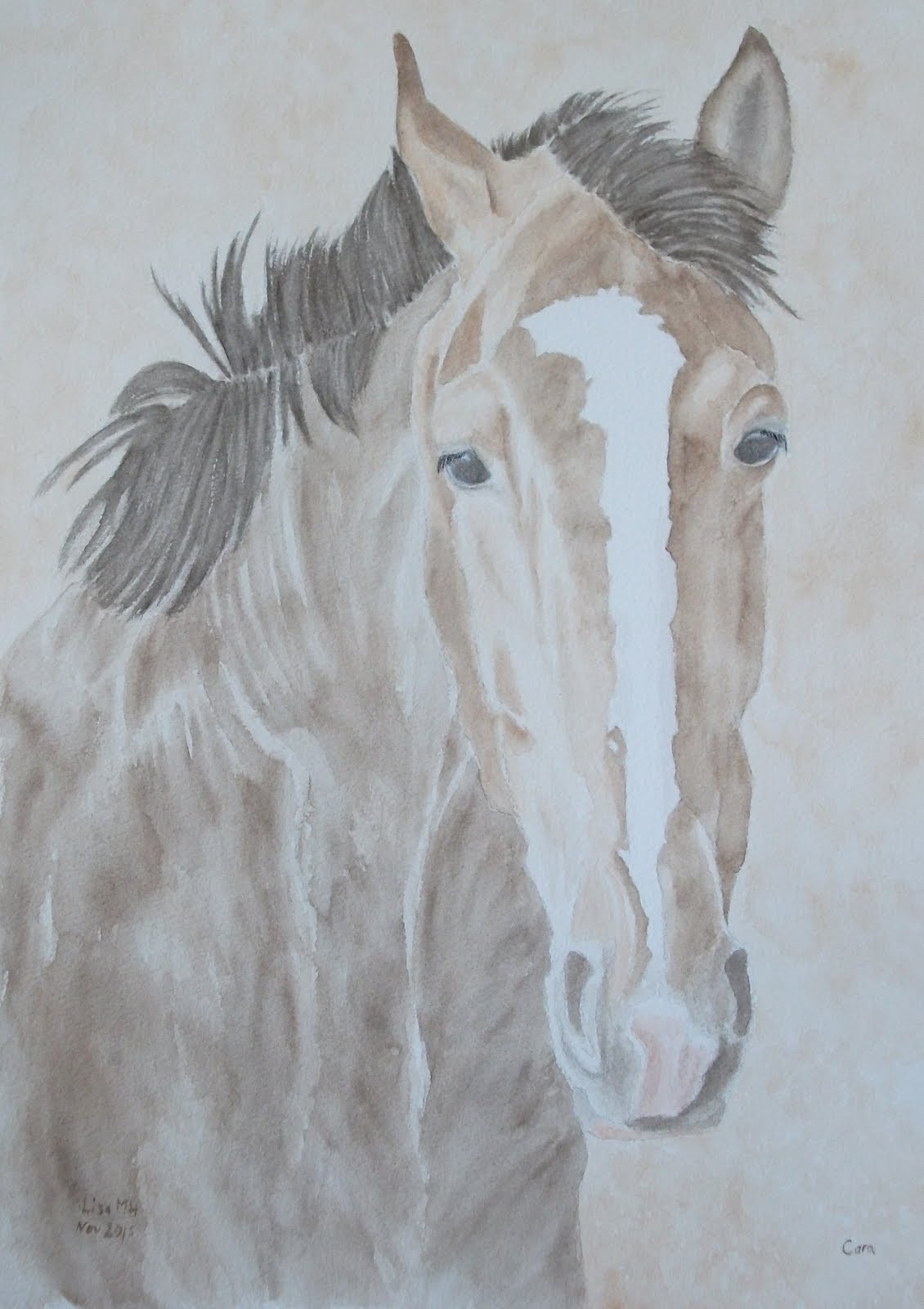BOOK - DIRK GENTLY’S HOLISTIC DETECTIVE AGENCY by Douglas Adams
“It slowly surveyed the whole field, and then decided to plan out a nice, relaxed day for itself. A little trot later on, it thought, maybe around threeish. After that a bit of a lie down over on the east side of the field where the grass was thicker. It looked like a suitable spot to think about supper in…
Good.
An excellent plan.
And the best thing about it was that having made it the horse could now completely and utterly ignore it. It went instead for a leisurely stand under the only tree in the field.”
I came across this particular quote this morning as I was reading this book (well I wouldn’t have found it had I been reading some other book, so that’s a bit of a redundant statement, but anyway…), and felt it described so perfectly and succinctly the particular way my brain works when it comes to the issue of planning that I just had to share it.
I try to make plans. Sometimes I make them complicated, with a long series of instructions to follow. Sometimes (though, admittedly, not often) I make them simple, using a short suggestion. Whichever way I try, the inevitable result is the same - I, for some unfathomable reason, end up completely ignoring them and doing the opposite. The minute I form any word or thought which vaguely resembles some kind of plan, guideline, or even a nebulous desire as to what I’m going to do, or want to do, then I can basically kiss goodbye to seeing it come to fruition any time within my conscious present.
Which basically seems to mean that in order to get anything done I have to be in a state of unconscious awareness (or conscious unawareness?) of what it is I’m trying to achieve, because my brain appears to be wired to purposely contradict my instructions. It “thinks” it knows better than me. And perhaps it does? Perhaps, like the horse, I should simply go with it - enjoy myself making a plan, and accepting that at the end of what is essentially a pleasant bout of idle daydreaming I’ll simply discard it and do something else. The horse seems perfectly content with this idea, so perhaps I would be too if I simply embraced it, rather than agonising over why this happens, and trying to force it not to do so.
Lesson for today - nature has many lessons to teach us especially about going with the flow, and even horses have wisdom to impart.
(And before anyone feels compelled to point out that horses don’t think like people, and that the horse in this book is not real but a figment of the imagination of Douglas Adams, I know. Thanks. I’m literal, but not quite that literal. Well, not all the time, anyway…)

















